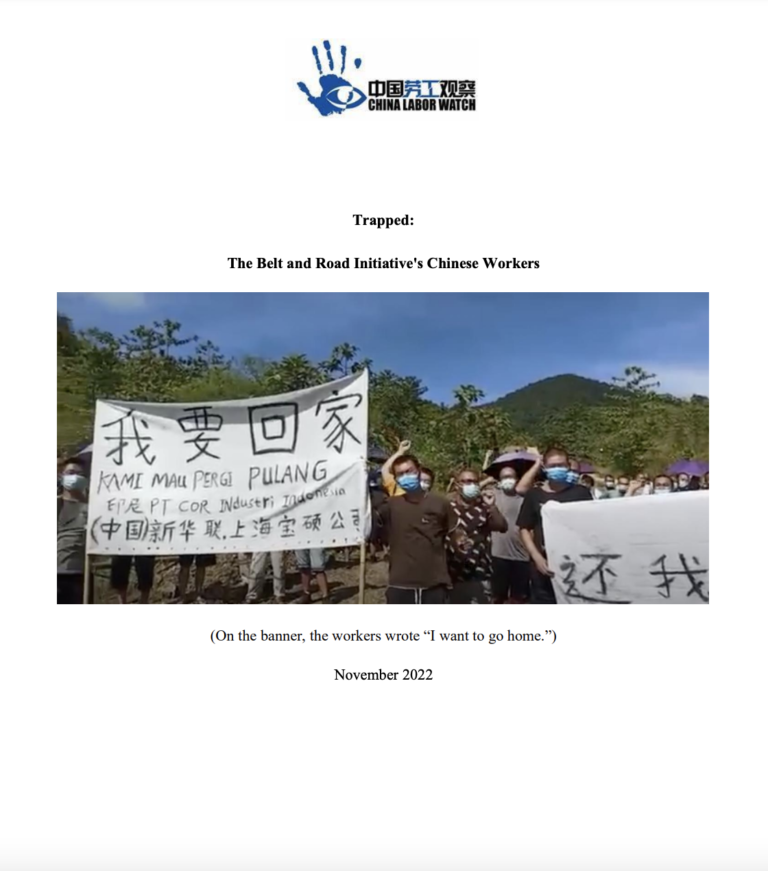The Belt Road Initiative (BRI), China’s ambitious transnational development program, is set to redefine globalization with “Chinese characteristics.” Since its inception, thousands of transportation, energy, information technology, and mining projects have been initiated around the globe. According to the American Enterprise Institute’s estimate, the total value of BRI has reached $838.04 billion. The initiative has also driven growth at home by deepening connectivity. It has played a crucial part in bridging the global investment gap in infrastructure, has contributed to China’s rising dominance in the global rare earth supply, and has further strengthened the country’s position in global supply chains. Yet, despite the BRI’s potential, observers have called attention to instances of corruption, human rights violations, and environmental hazards related to the initiative. Critics have argued that this “new Silk Road” is designed to secure China’s place as the center of a new world economic order. Some have also expressed concern that Beijing’s export of its surveillance technology, management strategies, and ideology might undermine democracy.

